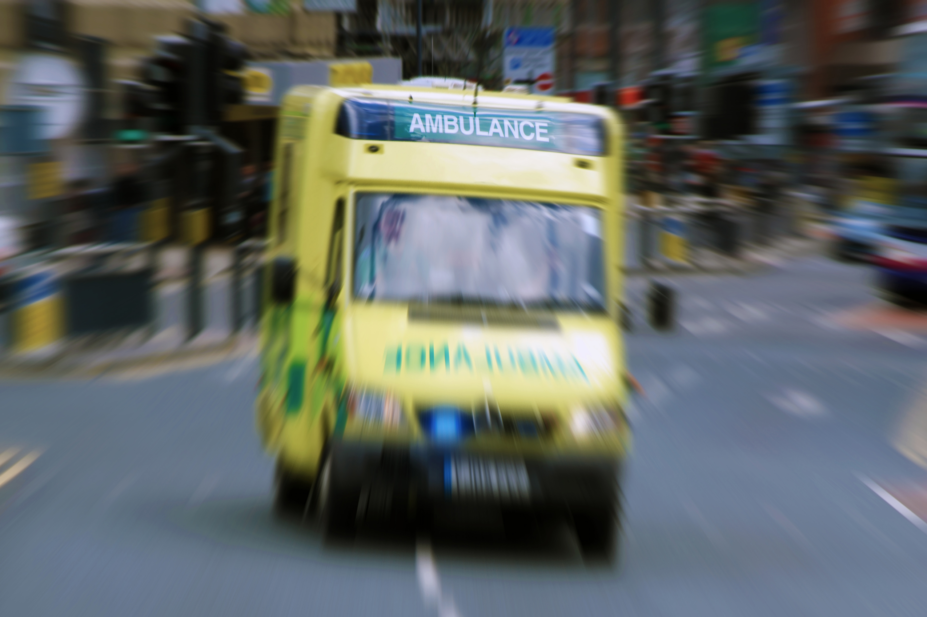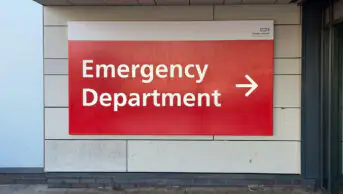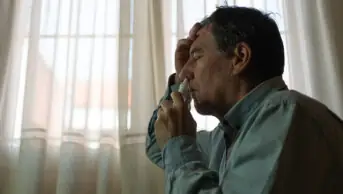
Shutterstock.com
Pharmacists could be given the power to dispatch ambulances as part of a push to increase the role of pharmacy in urgent care, a conference in Manchester has been told.
Speaking at the NHS Health and Care Innovation Expo 2017, pharmacy lead at NHS England, Paula Russell, said the urgent care service was in the process of creating 60 full-time equivalent pharmacy posts across England and introducing a role specific training in urgent care for 120 pharmacists.
This would be a “new professional role” for pharmacy, and she said that she hoped to help build a career framework for pharmacists working within integrated urgent care.
“We hope to develop a sustainable pharmacy workforce within integrated urgent care,” she said.
One element within this framework would be to look at NHS Pathways, a clinical tool for assessing and triaging patient calls to urgent care, which could result in pharmacists being able to dispatch ambulances to patients.
Russell told the conference that a small pilot scheme in the West Midlands had seen the proportion of urgent care calls referred to GP out-of-hours services cut from 19% to 9% after pharmacists were brought into the call handling process, and a further pilot in the south west has seen pharmacists used to support paramedics by telephone to achieve a 27% “non-conveyance” rate for patients.
Anne Joshua, head of pharmacy integration at NHS England, said that 2,380 pharmacists had registered to provide the NHS Urgent Medicine Supply Advanced Service (NUMSAS), a scheme launched in 2016 with money from the Pharmacy Integration Fund, and due to run on a pilot basis until the end of March 2018
By the end of June 2017, 10,757 calls had been dealt with by pharmacists. Of those, 18.5% had resulted in no medicines being prescribed, and 23% of callers said that they would have gone to urgent care if the service had not been available.
Joshua said that ongoing patient surveys had shown that 91% were satisfied with the service they received through NUMSAS.
Usha Kaushal, NHS 111 lead operational pharmacist at Yorkshire Ambulance Service, told the conference that pharmacists had worked for the service since 2013, but their remit had recently been broadened to supporting paramedics on the road.
Paramedics can call pharmacists directly for advice on medication.
Internal evaluation of Yorkshire Ambulance Service’s work has shown that 57% of calls taken by pharmacists resulted in home management, with just 2.4% resulting in a visit to A&E, and only 0.7% requiring an ambulance to be sent out.
A review of these calls by paramedics and nurse practitioners found that they would have referred around 20% of these calls to other clinicians if they had been handling the calls.
And Kaushal told the conference that this would have cost the trust £87,000 if a GP out-of-hours service had dealt with the calls, compared with a cost of £9,800 after being dealt with by in-house pharmacists.


